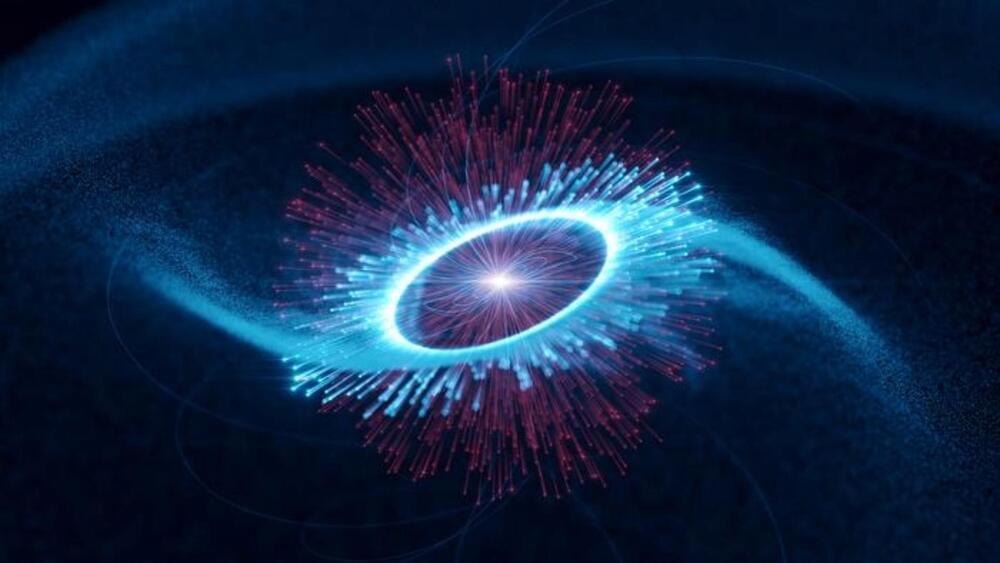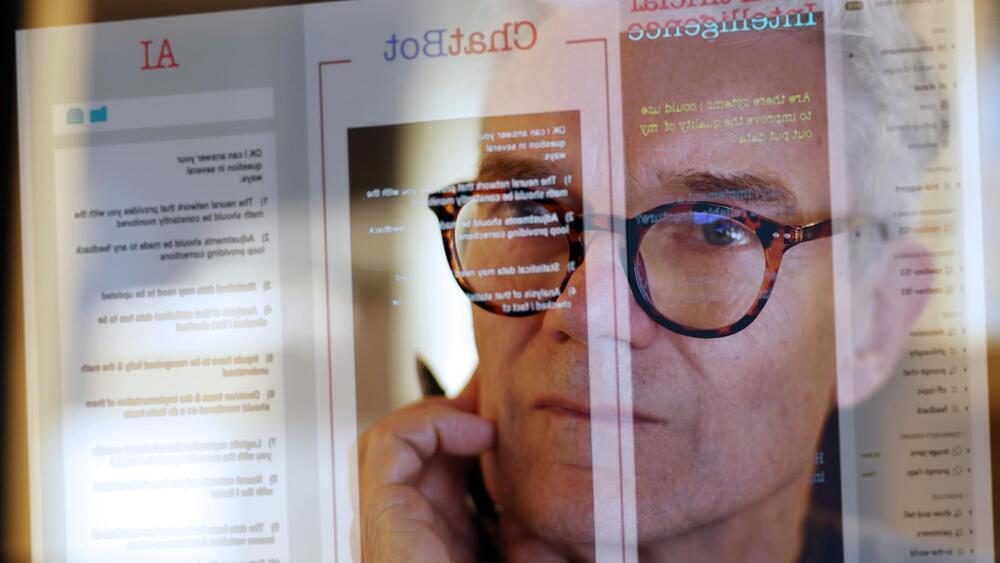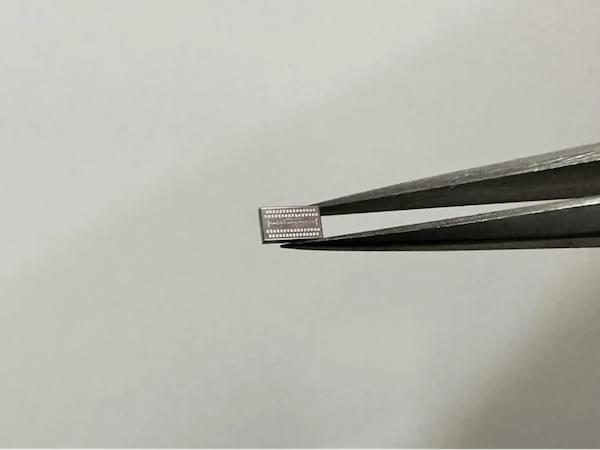Likewise, the company behind an app that can recommend your next TV binge, movie to watch, podcast to stream or book to read, is out today with its own entertainment-focused AI companion, Pix. Built using a combination of Likewise’s own customer data and technology from partner OpenAI, Pix can make entertainment recommendations and answer other questions via text message or email, or by communicating with Pix within the Pix mobile app, website or even by speaking to Pix’s TV app using a voice remote.
Founded in 2017 by former Microsoft communications chief Larry Cohen with financial backing from Bill Gates, the recommendations startup aims to offer an easy way for people to discover new TV shows, movies, books, podcasts and more, as well as follow other users and make lists of their favorites to share. While today, recommendations are often baked into the streaming services or apps we use to play our entertainment content, Likewise maintains a registered user base of more than 6 million, and over 2 million monthly active users.
To build Pix, the company leveraged around 600 million consumer data points along with machine learning algorithms, as well as the natural language processing technology of OpenAI’s GPT 3.5 and 4. To work, the AI chatbot learns the preferences of the individual user and then provides them with personalized recommendations — similar to Likewise itself. In addition, the bot will reach out to users when new content becomes available that matches their interests.
